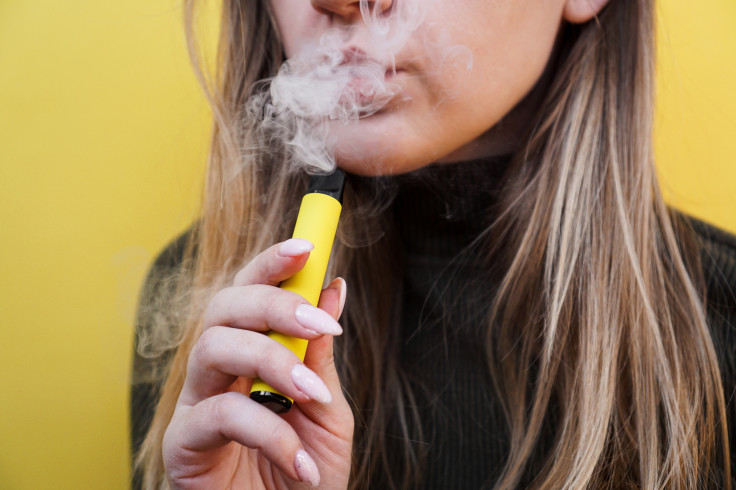
Young Latinos are experiencing an "alarming increase" in nicotine addiction due to the consumption of menthol cigarettes and other flavored tobacco and nicotine products, including e-cigarettes, the National Alliance for Hispanic Health warned on Monday.
In a report titled "State and Local Policies to Reduce Flavored Tobacco Use: Reversing the Tobacco Tipping Point Among Hispanic Youth," the organization highlights that 6.6% of Hispanic students among 11-14-year-olds are currently using e-cigarettes, compared with the 4.6% rate among other racial and ethnic groups.
"Moreover, the introduction of e-cigarettes to the market has led to a sharp increase in tobacco use among Hispanic youth, with one in ten high school students reporting current use of e-cigarettes," the experts also indicated in the findings.
This has a physiological explanation, the conclusion added. Recent studies, including brain mapping research, suggest that the addition of menthol in tobacco products significantly increases the number of nicotinic receptors in the brain, thereby contributing to higher addiction rates.
The analysis underscored that "this trend is particularly concerning given that, up until now, Hispanic adults have been the community less likely to smoke."
"For decades, the tobacco industry has used menthol and flavored products to deliberately hook and addict Hispanic and other targeted communities in a callous campaign to increase profit," stated Jane L. Delgado, President, and CEO of the Alliance.
"The White House Office of Management and Budget (OMB) can stop it now. Sitting at OMB (the Office of Management and Budget) are proposed rules from the FDA (Food and Drug Administration), that have been decades in the making, to ban menthol in cigarettes and flavors in cigars," she added.
According to graphics released by the health advocacy institution, while only seven states and 375 localities have implemented policies to restrict the sale of flavored tobacco products, the industry spends approximately $1 million per hour on retailer advertising and discounts.
The Alliance warned that without national policies, these trends of increased consumption among youth "may reverse historic low smoking rates among Hispanic adults" in the U.S..
4 Proposed Solutions by the Alliance for Hispanic Health

The report proposes a series of strategies to reverse these trends among young Latinos, urging policymakers, educators, and community leaders to "unite in the fight against the flavored tobacco epidemic affecting Hispanic youth."
- Non-Punitive Smoke-Free School Policies: Implementing effective smoke-free policies within schools to educate students about the dangers of vaping and provide support for those looking to quit.
- Buffer Zones Around Youth-Sensitive Areas: Establishing areas around schools and other youth-centric locations where the sale of flavored tobacco products is strictly prohibited to reduce exposure and accessibility.
- Point of Sale Licensing and Restrictions: Encouraging local governments to adopt tobacco retailer licensing ordinances that restrict the sale of flavored tobacco products based on compliance with specific requirements.
- Comprehensive Ban on Flavored Products: Advocating for the adoption of comprehensive flavor policies that outlaw the sale of all flavored tobacco products, without exceptions, within local jurisdictions.
The successful implementation of ban policies in San Francisco, California, serves as an example for other regions to follow, the study adds. E-cigarette use among high school students dropped from 10.9% to 8.2% following the comprehensive menthol ban in San Francisco.
© 2024 Latin Times. All rights reserved. Do not reproduce without permission.







